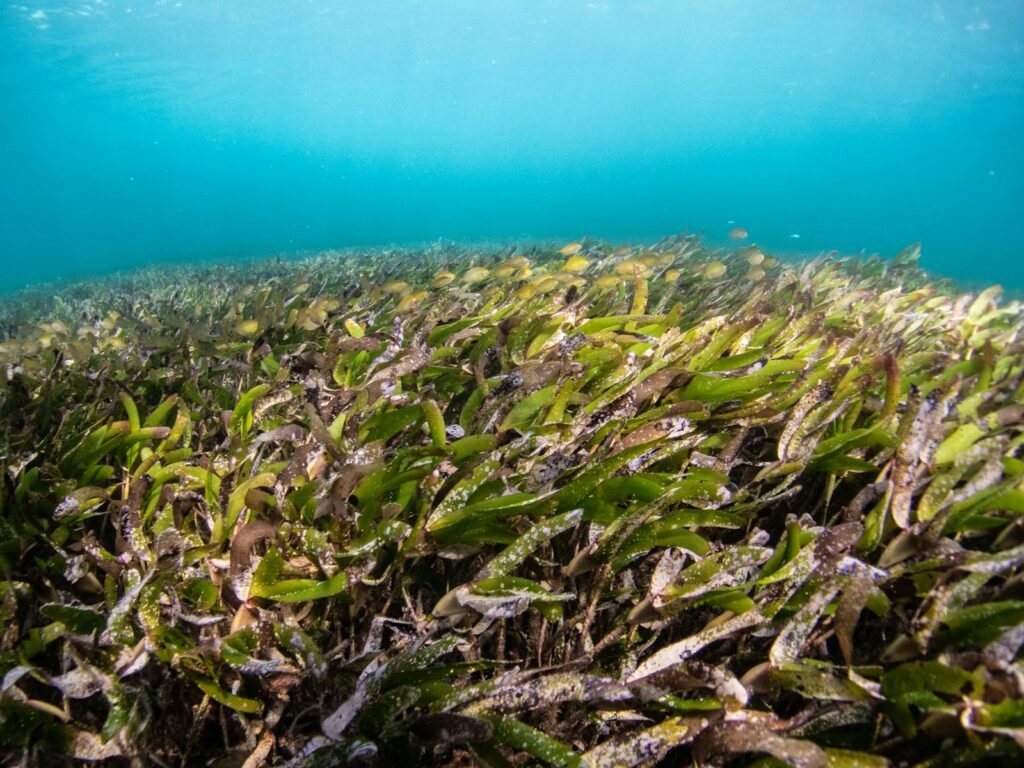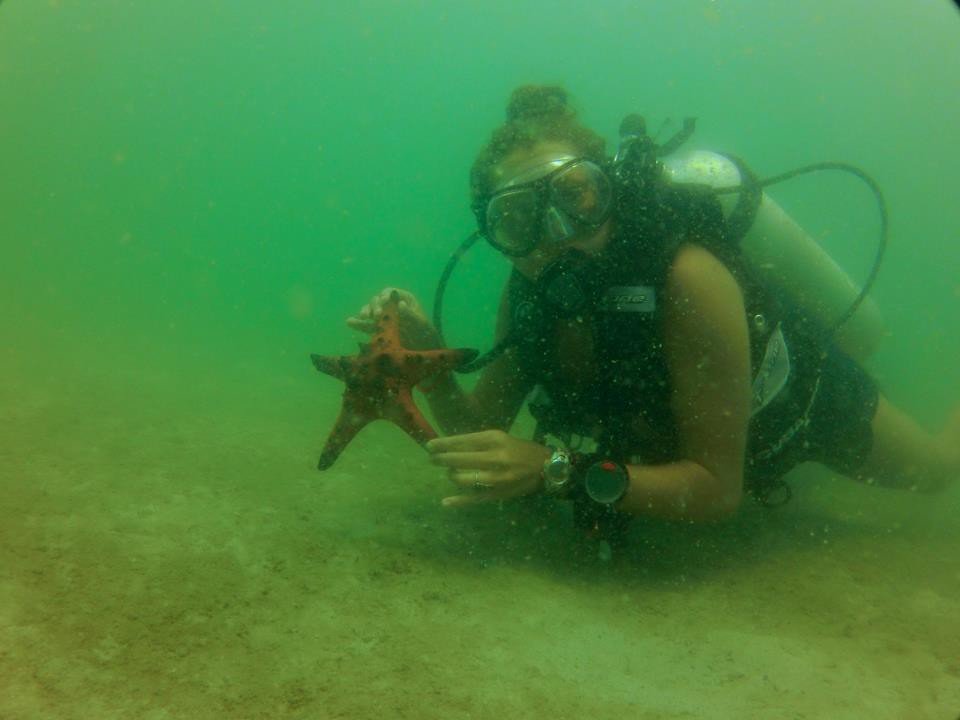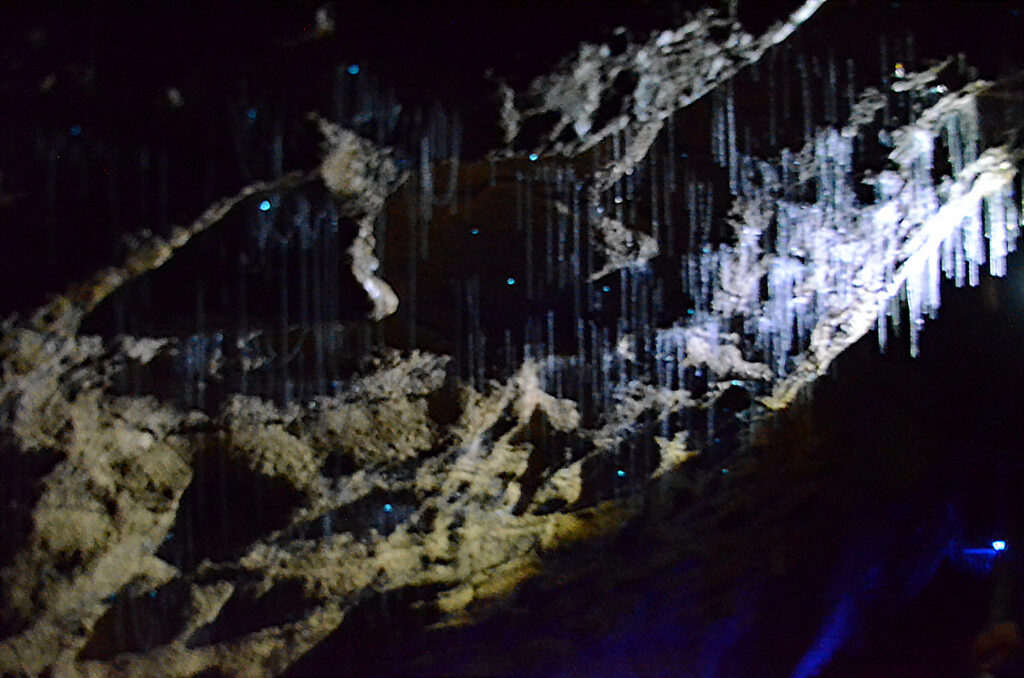Marine conservationists are dedicated to the protection and preservation of ocean ecosystems and marine life. Their responsibilities may include conducting field research, advocating for sustainable policies, educating communities, and restoring habitats. As female marine conservationists, you have the potential to lead and inspire meaningful change in a field that is increasingly recognizing the value of diverse perspectives.
Building a Strong Educational Foundation

Education is key to becoming an effective marine conservationist. Pursue a degree in marine biology, environmental science, or a related field. Consider further education through specialized courses, workshops, and certifications that focus on marine conservation techniques and strategies. Staying updated with the latest research and technological advancements can empower you to tackle challenges with an informed perspective.
Engaging in Fieldwork and Research

Hands-on experience is invaluable in marine conservation. Seek opportunities for fieldwork through internships, volunteer positions, or collaborations with research institutions. Engaging in research projects not only enhances your understanding of marine ecosystems but also helps in building a professional network. Female mentors in the field can offer guidance and support, helping you navigate the nuances of marine conservation work.
Navigating Challenges and Overcoming Barriers

While progress is being made, women in marine conservation often face unique challenges, including underrepresentation and bias. Building a resilient attitude and fostering supportive communities can help overcome these barriers. Organizations like Women in Ocean Science and Women in Marine Science provide platforms for networking and professional development, enabling female conservationists to amplify their voices and influence.
Advocating for and Implementing Sustainable Practices

Marine conservation goes beyond fieldwork; it also involves advocating for and implementing sustainable practices. Engage with policymakers to promote legislation that protects marine environments. Your unique perspective can aid in creating more inclusive and effective policies. Partner with local communities to encourage sustainable fishing practices, habitat restoration projects, and pollution reduction initiatives.
Using Technology and Innovation

Embrace technology as a tool for marine conservation. Utilization of drones for monitoring marine life, data analytics for creating conservation strategies, and satellite imagery for tracking ocean changes are just a few ways technology is revolutionizing the field. Staying adept with these tools can enhance your effectiveness as a conservationist, enabling you to make data-driven decisions.
Educating and Inspiring the Next Generation

Education plays a pivotal role in marine conservation. By sharing your knowledge and experiences, you can inspire the next generation to take up the cause. Host workshops, engage in public speaking, or create educational content aimed at raising awareness about the importance of marine conservation. Inspiring young women to join the field can create a ripple effect, encouraging more inclusive and diverse representation in marine sciences.
Building and Leveraging Networks

Collaboration with other conservationists, scientists, and organizations can amplify your impact. Participate in conferences, join professional organizations, and engage in collaborative projects to expand your network. These connections can lead to new opportunities, provide support, and foster innovation in the approach to marine conservation challenges.
Measuring Impact and Continuously Learning

Evaluating the impact of your efforts is crucial. Set measurable goals for your projects, and regularly assess their outcomes. This not only helps in understanding the efficacy of your strategies but also provides insights for future initiatives. Stay committed to lifelong learning, remaining open and adaptable to new ideas and methods in this ever-evolving field.
By taking these steps, you can not only establish yourself as a competent marine conservationist but also inspire and effect positive change within marine ecosystems and the broader scientific community. Your contributions as a female marine conservationist are invaluable, paving the way for a healthier planetary future.




